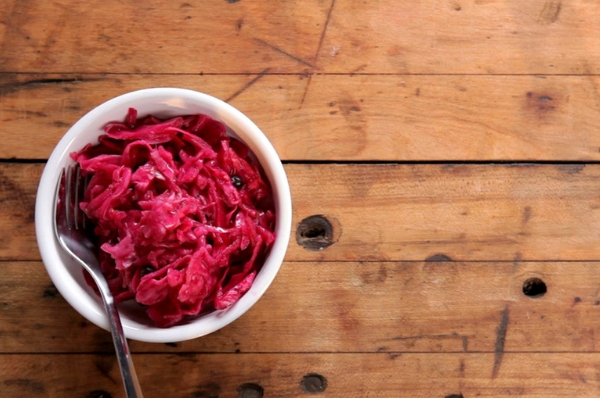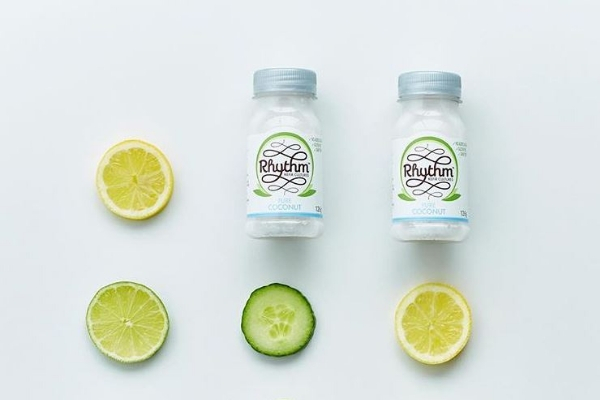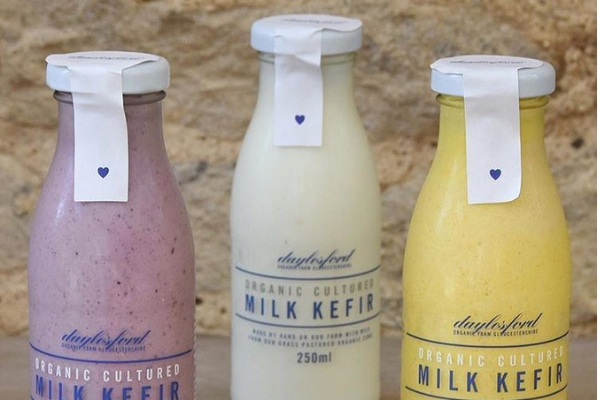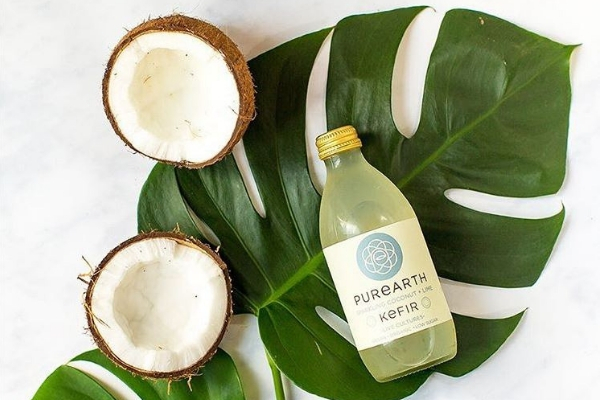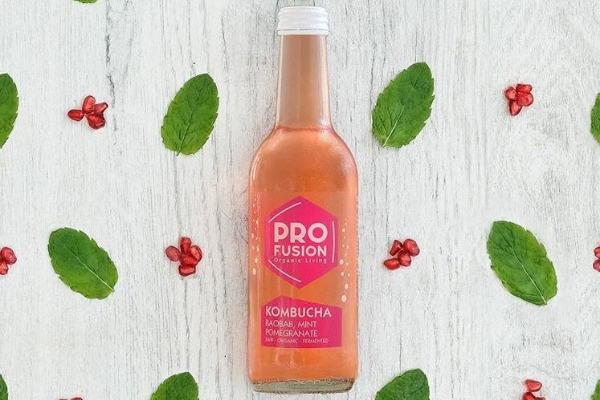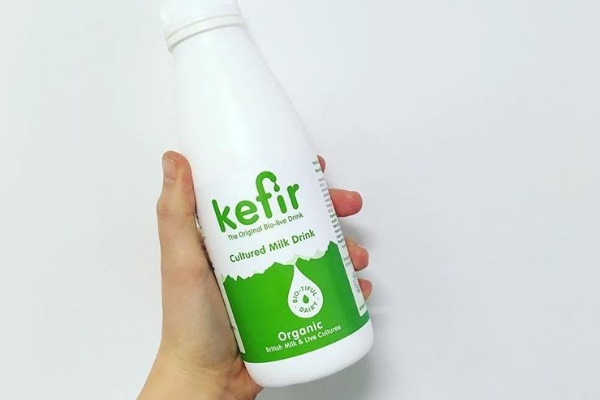Book club for gut health
by Holly Wood,
2019 sees the world of nutritional medicine at an exciting time – with a new generation of doctors looking closely at how important Gut Health is to our overall wellbeing. But with lots of different opinions out there, and many from people who don’t necessarily have a scientific or medical background, how do we know if we’re getting the right advice?
To help set the record straight, we’ve collated some of our recommended podcasts and books on Gut Health from the experts. We’ve included a range – from easy listening an accessible podcasts, to some more complex and scientific books focusing on the neurological connection with our gut.

Dr Raj Chatterjee – ‘Feel Better, Live more’
Episode 1 with Professor Tim Spector: ‘Gut Health and why we need to throw out the rulebook’
This is a really interesting listen, with some great insight from Clinician Tim – a previous sceptic who has recently been converted on the importance of the gut.
Episode 8: Gut Health and IBS with Dr Megan Rossi
A great listen for those managing symptoms of IBS. Practicing from her London clinic, Megan is a specialist in Gut Health and has some practical tips on improving the amount of fibre in your diet.
Amelia runs a website with excellent resources for Gut Health. She’s also done a very good podcast with Dr Raj Chatterjee. This article in particular helpfully decodes the difference between pre and pro biotics.
Hannah Richards – ‘The Best Possible You: A unique nutritional guide to healing your body’
This inspiring book by nutrition and lifestyle coach Hannah Richards encourages the reader to take a step back and listen to our bodies, allowing us to take our health into our own hands. The book covers all aspects of the body, but focuses on the gut, detailing how to keep it healthy.

Eve Kalinik – ‘Be Good to Your Gut’
Written by Eve Kalinik, a nutritional therapist, this book is packed full of recipes that aid better digestion. Described by Vogue as one of the ‘Best New Healthy Cookbooks’, the 80+ recipes will get you started on your journey to improved Gut Health.
Vicki Edgson – ‘Gut Gastronomy: Revolutionise your eating to create great health’
Gut Gastronomy introduces a whole new way of eating, showing how to eat a balanced and healthy diet that keeps the digestive system happy. The book contains over 100 recipes, and outlines a plan to get you eating food that brings you back to feeling great.
Emeran Mayer, MD – ‘The mind-gut connection’
This fascinating read combines cutting-edge neuroscience with the latest human microbiome discoveries to demonstrate the biological link between the mind and the digestive system and how this knowledge can be used to improve gut health.
Dr David Perlmutter – ‘Brain Maker’
Another book based heavily on human science, David Perlmutter takes us through the connection between the gut and your brain, and more specifically, how nurturing our gut health can improve our brain function.

